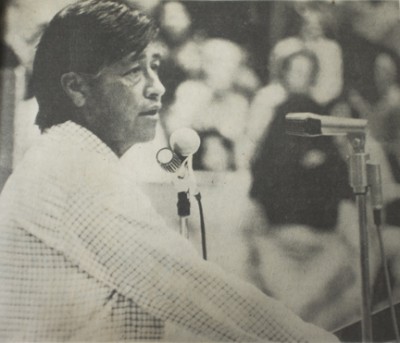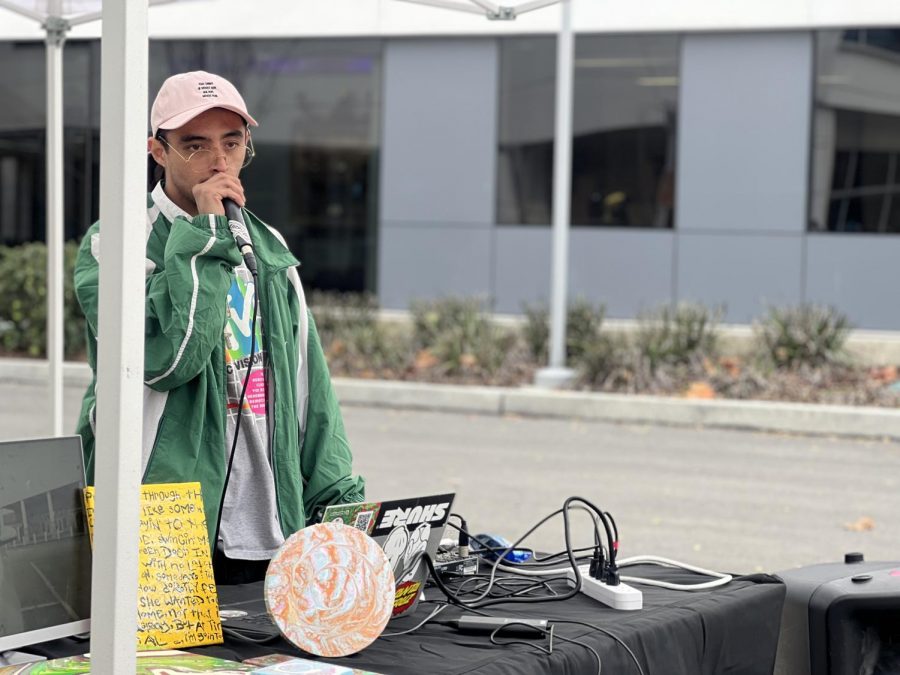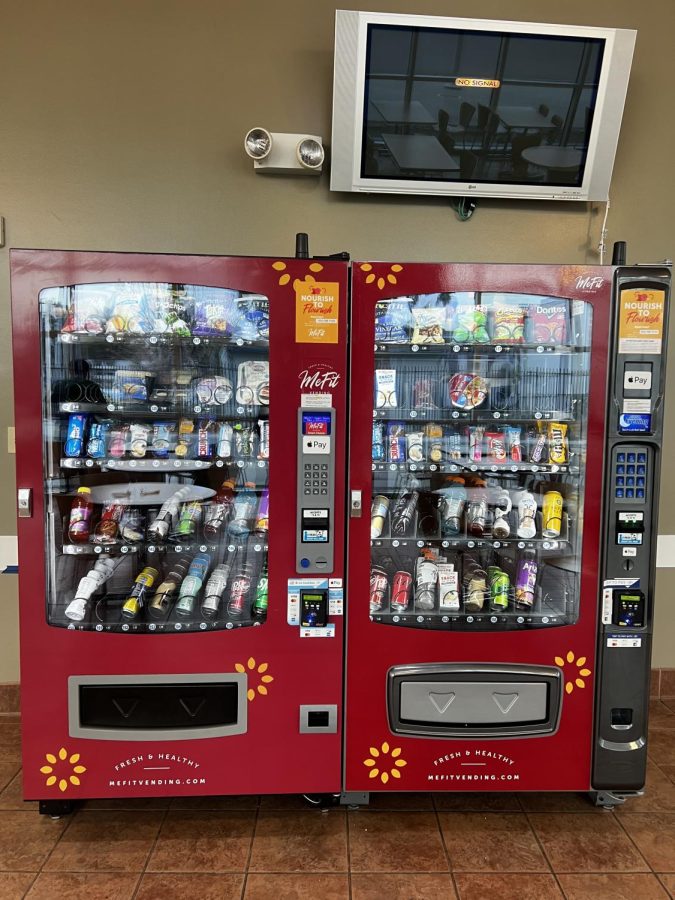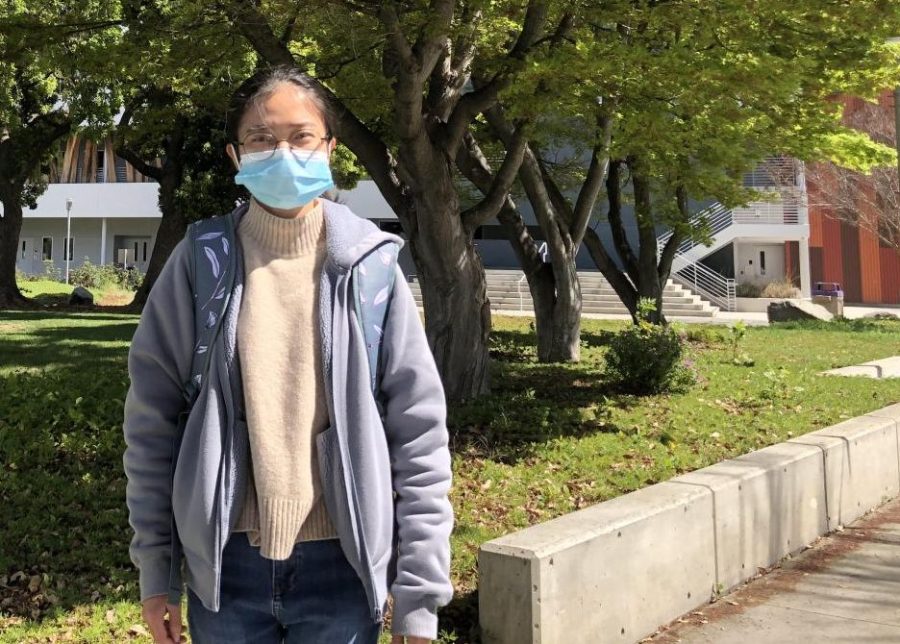Compiled by Steve Hill
Union organizer, civil rights activist, farmworker, vegan and cofounder with Dolores Huerta of the United Farm Workers union, Cesar Chavez helped free farmworkers from the chains of big agribusiness.
Chavez worked throughout his life to improve the working conditions of farm laborers. He was nominated three times for the Nobel Peace Prize.
Chavez was on campus on Oct. 8, 1976, to campaign for Proposition 14, which would allow union organizers access to farmworkers at work or in grower-owned camps as well as recreate the Agricultural Labor Relations Board of 1975 with some modifications.
He spoke for 25 minutes to a crowd of 1,500 people in the men’s gym about the importance of the proposition.
Despite the grassroots efforts of campaigners, the proposition lost by a margin of 2-1.
Visit http://library.uchastings.edu/ballot_pdf/1976g.pdf to view the original ballot.
The following article was originally published Oct. 8, 1976, in the City College Times.

By Steve Seandel/TIMES STAFF Archive photo by Manuel Delgado/TIMES STAFF
“The campaign against the farmworkers initiative (Proposition 14) is the biggest con job that has err been put before the voters of California,” said Cesar Chavez, president of the United Farm Workers, in an address at City College Wednesday.
Chavez, one of the most well-known and most controversial labor leaders in America, was here to personally lead a rally in support of Proposition 14.
He spoke to a noontime crowd of 1,500 people in the men’s gym.
“All the growers have is a phony issue,” said Chavez, noting that the U.S. Supreme Court recently upheld rulings of both the California State Supreme Court and the Agricultural Labor Relations Board on union access, “These rulings, which have upheld the access rule, have shot down the only issue that the growers have.”
According to Chavez, Prop. 14 would provide for labor organizers to talk to workers for three hours every day. These sessions, one before and after work, and one at lunch, are of no threat to growers, who argue that their constitutional rights to private property have been violated by this rule, he said.
“By only talking for 15 minutes at a time, the growers are under no threat of interruption or destruction by either the workers or the organizers,” explained Chavez. “Without the access rule, we have no way to get to the workers and provide them with the essential information necessary to make the right choice,” he said.
Chavez, speaking for 25 minutes, continually made reference to the controversial access rule. He noted that the recent U.S. Supreme Court decision has made the arguments of voter pamphlets incorrect. He added that the UFW is now in the process of contacting the Secretary of State in California and trying to change the voter issue pamphlets so that they con’t contain false information.
Chavez continually emphasized that “the growers have only one issue against us, and that has been thrown out by the Supreme Court.
The battle for the rights of workers has been going on for over 40 years. Since 1935, when Congress adopted a bill saying that industrial workers had the right to choose they union of their choice, he said. However, farmworkers were unexplainably left out of this agreement.
In May of 1975, Gov. Jerry Brown, representatives of the growers and Chavez began work to hammer out a compromise solution to the collective bargaining crisis. After a month of negotiating, the California Labor Relations Act was produced.
Brown signed it into law on June 5, 1975. In the months following the passing of that law, there were over 350 secret-ballot elections held in the farms of California. Strikes stopped and boycotts against major chain stores, such as Safeway, Albertsons, etc., were halted.
However, after six months, funds supporting the CLRA ran out. New funds were not allocated and the farmworkers went to work and got 738,000 signatures to qualify Prop. 14 for the November 2 ballot.
Even if the elections do get reborn, there is no certainty that Chavez’s union, the UFW, would win them. In the last election held, the UFW barely edged the International Brotherhood of Teamsters for the majority decision.
“We just want the elections so that every man, woman and child who puts food on your table has the right to a secret ballot election to choose who their leaders are going to be,” explained Chavez to the crowd in the gym. “That only seems fair.”






